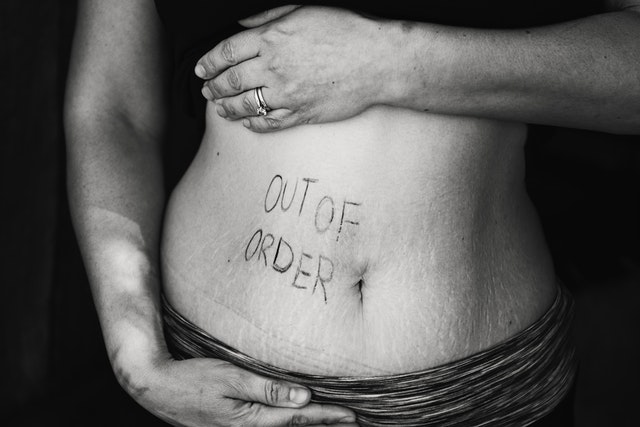Diverticulitis is the infection or inflammation of the ‘diverticula’ (small bulging pouches) that can be developed in the lining of the digestive system. It happens when a person has ‘diverticulosis’, a condition in which small pouches start developing along the wall of the colon in the digestive tract, and when these pouches become inflamed or infected they cause diverticulitis.
Types Of Diverticulitis
There are two main types of diverticulitis
- Simple diverticulitis – This type accounts for about 75% of cases and usually responds to medical treatment without surgery.
- Complicated diverticulitis – About 25% of cases usually require surgery.
Causes Of Diverticulitis
Diverticulitis occurs due to the formation of small, bulged pouches on the intestinal wall, which posses pressure on the intestinal wall and makes it difficult to eliminate the feces. Consumption of dietary fibers is beneficial as it softens the stool and enables easy elimination of the stool.
Symptoms Of Diverticulitis
- Abdominal pain
- Nausea
- Vomiting
- Fever
- Bloating
- Increased urge to urinate
- Painful urination
- Constipation
- Diarrhea
- Blood or mucus in stool
Prevention Of Diverticulitis
- Exercise regularly – By doing exercise your bowel will function normally and reduces pressure inside the colon.
- Eat more – Fiber enriched diet can reduce the risk of diverticulitis. Such as fresh fruits, vegetables, whole grains.
- Drink plenty of fluids – Fibers work by absorbing water and increasing the soft, bulky waste in the colon.
- Avoid smoking – Smoking can increase the risk of diverticulitis.
Home Remedies
Some remedies which you can try at your home.
- Try liquid diet – Fruit juices with no pulp, coffee, tea without milk Chicken or beef broth.
- Increase Fiber Intake – Consume potatoes, green peas, cabbage, and squash. Fruits such as apples, avocados, and bananas.
- Get More Vitamin D – Food sources that provide vitamin-D are Fatty fish, beef liver, eggs, cheese, mushrooms.
Treatment For Diverticulitis
- Uncomplicated diverticulitis -: If the symptoms are mild then it can be treated at home. Doctors may prescribe antibiotics and a liquid diet for some days.
- Complicated diverticulitis -: If you get a severe attack or have other medical issues, then you need to be hospitalized. Treatment generally involves.
- Intravenous antibiotics– Insertion of a tube to drain an abdominal abscess if one has formed.

